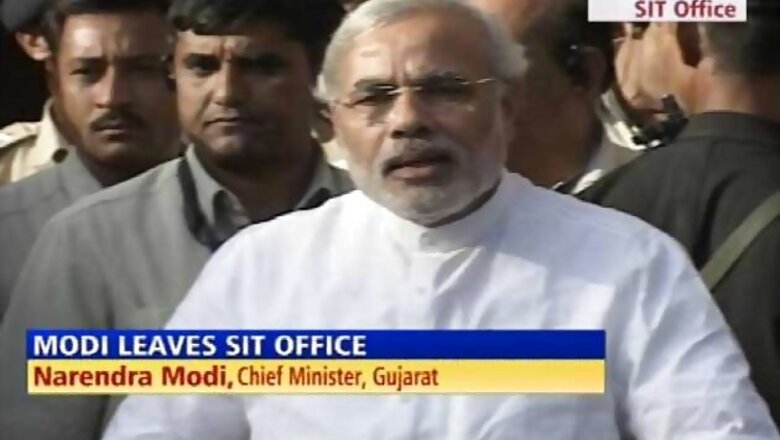
views
Gandhinagar: Gujarat Chief Minister Narendra Modi was grilled on Saturday by a Supreme Court-appointed probe panel for over nine hours in two separate sessions that ended past midnight over his alleged complicity in not doing enough to stop the 2002 communal riots which claimed more than 1,000 lives.
The Chief Minister came out of the Special Investigation Team (SIT) headquarters at around 1.00 am after a second round of questioning that lasted nearly four hours.
Asked by the waiting journalists if he was satisfied by the panel's probe, Modi answered: "It's the Supreme Court that has to be satisfied."
Modi said since the queries were about eight-year-old events, he replied to "best of his memory".
"The panel told me my work is over," Modi said.
Asked about the number of questions the SIT posed to him, Modi said: "I did not count them."
He also declined to elaborate on the nature of questions asked by the SIT, saying "the questions, answers and the report will go to the Supreme Court and it will decide whether this can be made public....nothing is in my hands".
However, he said, the queries "canvassed right from the incident of February 27 till the end of state elections" seven months later.
Early Saturday afternoon, Modi was questioned by the SIT for five hours without break.
Modi's questioning comes eight years after the communal riots, which left over 1,000 people, mostly Muslims, dead in Gujarat.
Modi appeared before the SIT without a lawyer but took a break in between to consult Bharatiya Janata Party (BJP) leader Arun Jaitley, a Supreme Court advocate and leader of opposition in the Rajya Sabha, party sources told IANS.
Jaitley had flown here especially for the day.
As he emerged after the first round of questioning, Modi said he was abiding by the Indian constitution and law which are "supreme".
"The Indian law and constitution are supreme. As a citizen and as the chief minister, I am bound by the constitution and the law. Nobody is above the law," Modi, wearing his trademark crisp white kurta and pyjama, told reporters.
Modi again came to the SIT headquarters in the old secretariat premises for the second round of deposition at 9 p.m.
Except media persons and security personnel, no one else was permitted inside the premises.
Sources close to the SIT said that the chief minister had already answered 62 of the 68 questions posed to him the first time.
Modi is being probed following a complaint by Zakia Jaffri, widow of former Congress MP Ehsan Jaffri killed in the riots, that the chief minister was party to the 2002 widespread violence that swept Gujarat following a train burning in Godhra that killed 59 people in 2002.
The SIT is believed to have based most of its questions on issues raised by Zakia in her 100-page petition to the Supreme Court.
According to sources, privy to the SIT questioning, some of the questions asked were:
Did you give a Gujarat shutdown call following the Godhra incident?
Who sent ministers to police control rooms during the riots? (Some ministers were alleged to have taken over the control rooms in Gujarat stopping police from taking any action)?
What happened at the Feb 27, 2002 meeting held by the chief minister and other senior officers for review of the situation following the Godhra train burning?
Do you know about calls made by Ehsaan Jaffri to your office? (the Congress leader had reportedly called up the chief minister's office several times for help after his house was surrounded by rioters)
Zakia has alleged that Modi and his administration aided and abetted the rioters in Ahmedabad's Gulberg Society where over 60 people were burnt to death. The victims included Jaffri.
SIT's A K Malhotra, an additional director general of police, led the questioning. Probe panel chief R K Raghavan was not present.
The chief minister said the SIT was made up of officers from outside Gujarat. "They are clearly working under the direction of the Supreme Court."
Modi, one of the top leaders of the BJP, appeared unperturbed though he had been evading being questioned over the riots.
"I have spoken at length with the SIT. My conduct should be a fitting reply to my critics."
Zakia Jaffri expressed satisfaction at the fact that Modi appeared before the SIT.
"It has taken eight long years but at least he has come. Now that he has played his cards, our lawyers will take it up from here on and we hope some justice will be done," she said.
Union Law Minister M. Veerappa Moily said it was "unfortunate" for a Chief Minister to be in a situation like that.
"It is most unfortunate that Modi landed himself in that kind of a situation. It is not desirable but unfortunately it has happened," Moily said.
The Communist Party of India-Marxist (CPI-M) and the Communist Party of India (CPI) asked Modi to step down on moral grounds.
"There is no justification for him to continue as the chief minister. He should resign on moral grounds," CPI-M leader M K Pandhe said.
Social activist Teesta Setalvad, who has been fighting for the riot victims, said: "It was an important day for democracy and rule of law when a sitting chief minister has been forced to appear before an inquiry team after various attempts to block justice."










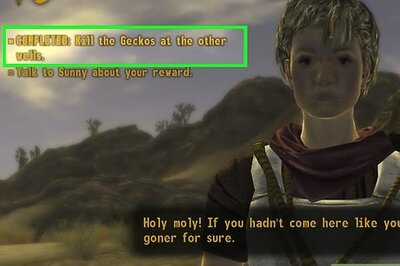
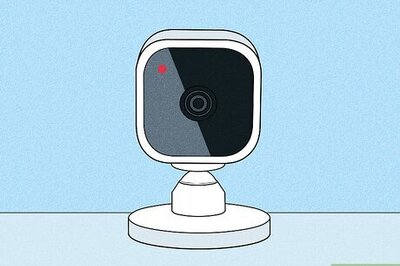


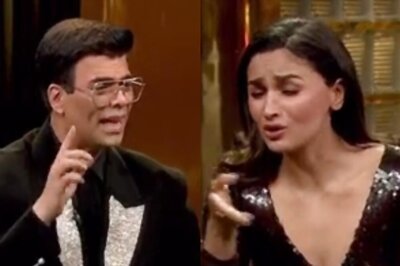
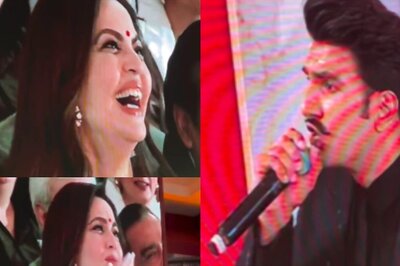



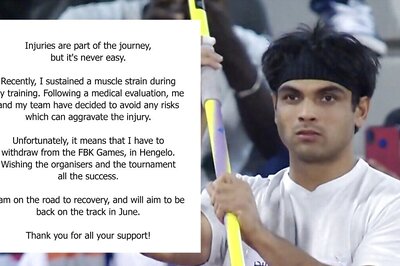
Comments
0 comment